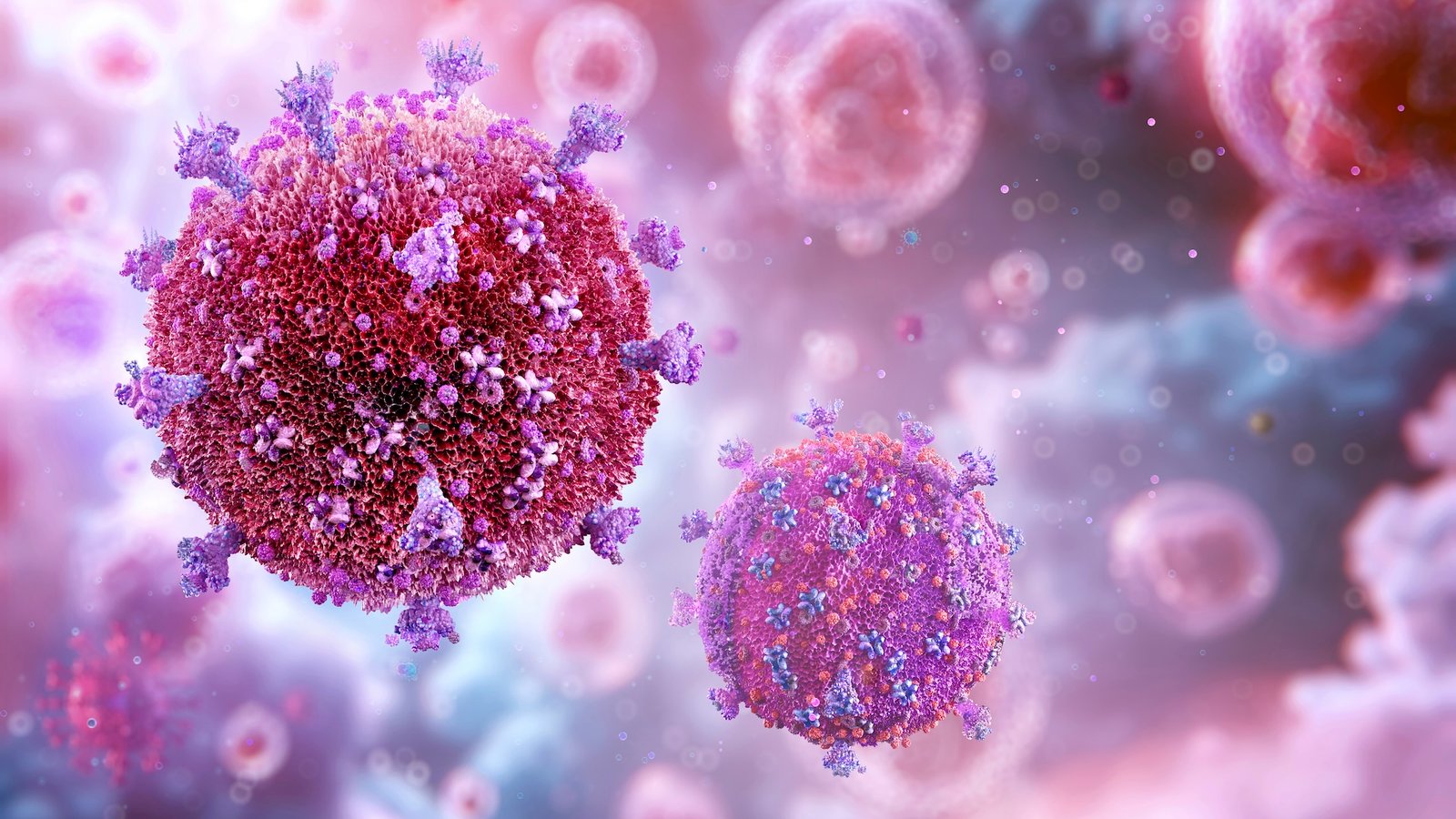
Feedback is New Scientist’s popular sideways look at the latest science and technology news. You can submit items you believe may amuse readers to Feedback by emailing feedback@newscientist.com
Ready, set…
Athletics enthusiasts, here is a new competition for you to ogle: Sperm Racing.
You may have read that male fertility is declining, and that decreased sperm motility (speed of travel) is apparently a factor. To draw attention to this problem, the teenage founders of Sperm Racing decided to turn it into a sport. Or, to quote them: “We’re building the first-ever racetrack for sperm. Two competitors. Two samples. One microscopic finish line.”
Their website says they have created “a microscopic racetrack that mimics the reproductive system”, and that “high-resolution cameras” will “track every microscopic move”. They promise that “it’s all live-streamed” (we assume that choice of phrase was deliberate) and that the winner will be “the sperm that crosses the finish line first, verified by advanced imaging”.
The first race, on 25 April, pitted the sperm of donors from two Californian universities against each other. Readers might wonder why Feedback is so late to this story. For once, it isn’t down to our usual tardiness about spotting news items. It’s because there was a twist in the tale after the event.
Unfortunately for the organisers, a journalist went along: River Page, a reporter at The Free Press. In an exposé, he explained: “The winners were known in advance. And the ‘race’ was computer-generated.”
The problem is that microscopes don’t work like that. If you have a track long enough for sperm to swim competitively, there is no way to install a camera that tracks them. For films, a cameraperson can follow Tom Cruise as he runs along the roof of a moving train. But it’s hard to keep a microscope focused even when the cells are virtually stationary.
The creators apparently ran a real race in a private room, and in order to “show” the sperm racing down the track for the benefit of a paying audience, they resorted to computer-generated imagery.
That led Feedback to think it unlikely that a second round of sperm racing would ever take place. Then we remembered that millions of people really love “sports entertainment” like wrestling, despite it being entirely fake, and also that the football results are largely determined by which team is owned by the neediest billionaire. So, sperm racing might indeed be the next big thing.
Watery food
Feedback is a food connoisseur, in the sense that we have read about a lot of fad diets. Cut out all carbs! Just eat red meat, salt and water! Eat only raw foods! There is also such a thing as “air protein”, but this just means “microbes that feed off carbon dioxide”.
Just when we thought there were no new horizons to explore, we discovered “water-based cooking”. Given living organisms are about 60 per cent water, our first thought was this might be another term for “cooking”. But then we found headlines like: “Food fad or science – or both? Why cooking with water may help slow ageing” and “What is water-based cooking – and why it’s better for you”. It was time to go deeper.
Essentially, water-based cooking means you cook foods in water as much as possible, rather than oils. Boil, braise or steam; don’t fry or roast. This reduces the quantity of advanced glycation end products (AGEs), found in the browned crispy bits on, say, a fried steak, which are linked to health issues. Therefore, say water-based cooks, we should avoid eating them.
The major driver of this is one Michelle Davenport: “a UCSF- and NYU-trained nutrition scientist, dietitian and former founder of a digital children’s food company”, who “teaches over 194K people on Instagram how to take control of their metabolic health through water-based cooking methods, inspired by her family recipes”.
Hence a TikTok post that reads: “pov you started water-based cooking and now your skin is clear, your stomach is thriving and you recover from illness overnight”.
Feedback feels like this might be overselling things just a tad, but that’s wellness culture for you: if you are in anything other than perfect health, it’s definitely the result of your own choices. Regardless, we can’t help but sympathise with Elle on Bluesky, who says, simply: “It’s soup. They’re making soup.”
Pizza surprise
We asked for examples of “no shit, Sherlock”-type scientific studies that go to enormous lengths to confirm things we might have guessed. The initial prompt was a study showing that SUVs are more likely than smaller cars to kill you if they hit you.
In response, reader Roger Erdem sent a selection of utterly unsurprising findings. Here’s one. In The Journal of Knee Surgery, researchers led by Steven DeFroda published that “National Football League players have higher rates of knee extensor mechanism tears during short and normal rest weeks versus long rest weeks”. Or, as the press release put it, “NFL players more likely to injure knee after shorter rest period”. Well, yes.
A second gem from Erdem concerned a study in Nutrients led by Katsumi Iizuka. This had the thoroughly enticing title, “The meal type rather than the meal sequence affects the meal duration, number of chews, and chewing tempo”.
The study asks whether certain types of foods get eaten faster, contributing to obesity. Or, as a news story in MedicalXpress put it: “Study shows pizza is eaten faster than chopstick-based meals”. It turns out fiddly tasks really do take longer.
Got a story for Feedback?
You can send stories to Feedback by email at feedback@newscientist.com. Please include your home address. This week’s and past Feedbacks can be seen on our website.




